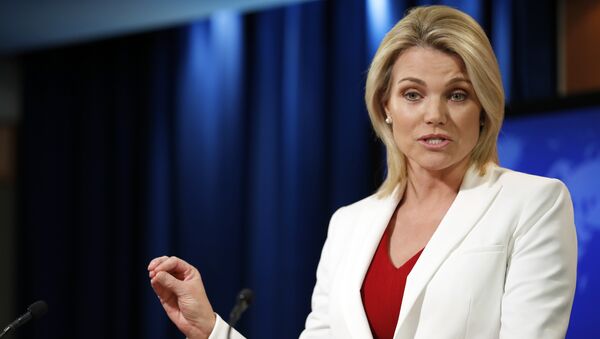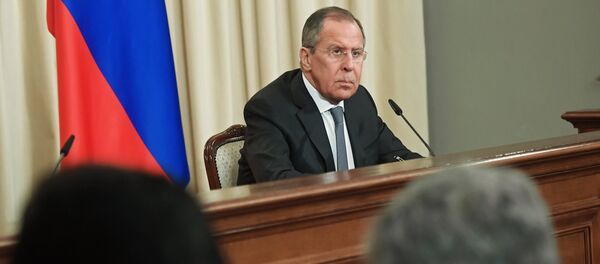#1: We Reveal Truths the Western Media Doesn't
Sputnik and RT have been at the forefront of exposing fake news, along with the false flag operations carried out by US and European-backed 'humanitarian' groups like the White Helmets, which have unfortunately taken over much of the Western media space in its coverage of the Syrian war.
Without this alternative coverage, who knows – maybe the US and its allies would have built up enough support among the public to intervene in Syria on a massive scale, in much the same way they previously had in Yugoslavia, Iraq or Libya in years past? How many of these 'humanitarian' interventions have led to anything good, particularly for the ordinary people of these countries? Can Ms. Nauert name even one?
Through its efforts, Sputnik and RT have helped expose the so-called Syrian Observatory for Human Rights, to publicize eagle-eyed internet users' efforts to uncover the White Helmets as the regime change prop they really are and the jihadists' abuse of children, such as Bana Alabed and Omran Daqneesh, who have been used for propaganda purposes by militants, some of them with direct links to Daesh and al-Qaeda.
READ MORE: Top 3 Most Notorious MSM Fake News Tactics From the Syrian War
#2: We Offer Coverage of the Syrian Peace Process That Western Media and Governments Ignore
For example, the recent Sochi talks between the Syrian government and elements of the opposition, which participants themselves have described as a solid, 'promising' new step forward for reaching a real and lasting settlement, have been referred to by much of the Western media using phrases and words like as 'destined to fail', 'crumbling' and 'divisive.'
How did the US State Department respond to the talks? Well, they didn't, choosing to ignore the Sochi conference altogether and declaring that their "collective focus must remain on the UN-led political process." And the Pentagon? Its head, Defense Secretary Jim Mattis, simply deemed the talks a "failure" without elaborating why.
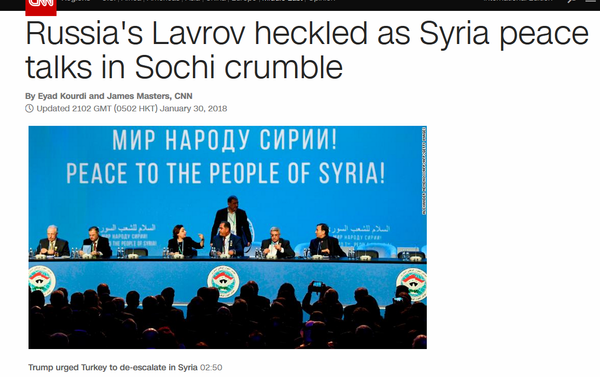
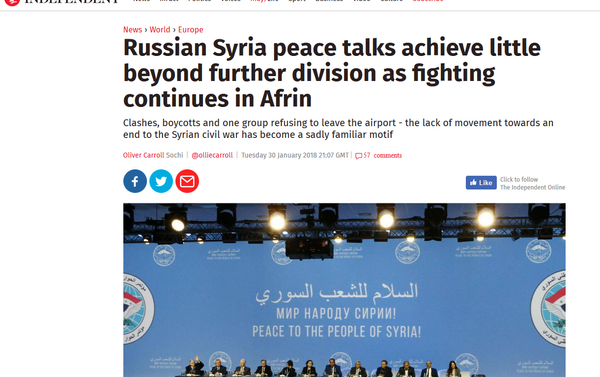
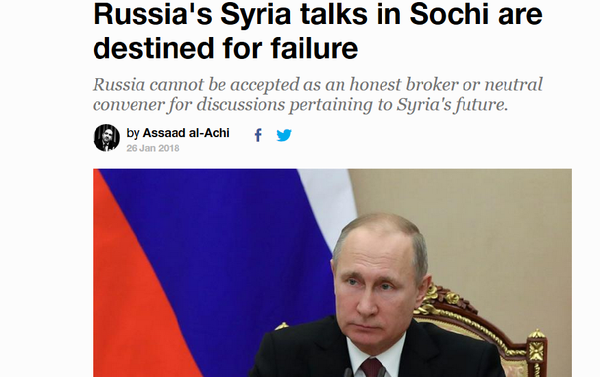
Alongside a more focused coverage of the peace talks, Sputnik and RT have also been at the forefront of exposing atrocities committed by Islamist militants in Syria against the local population – the same militants that the US State Department has often described as 'moderate rebels.' In this way, Russian media is helping to delegitimize such 'terrorists in sheep's clothing,' preventing them from gaining an unearned seat at the negotiating table.
READ MORE: What Mainstream Media Won't Tell You About Eastern Ghouta
#3: Unlike Some, Russian Media Doesn't Call for an Escalation of Violence
Finally, and perhaps most importantly, Sputnik and RT have never called for the escalation of violence in Syria, or any other country in the world for that matter, unlike some well-known current or former figures from the State Department.
To put things another way: instead of accusing Russia-based media organizations of bearing a "unique responsibility" for a conflict that's entirely outside their ability to control, perhaps Ms. Nauert should focus on the State Department's own policy in the region and on the responsibility Washington bears in starting the Syrian conflict — and resolving it.
